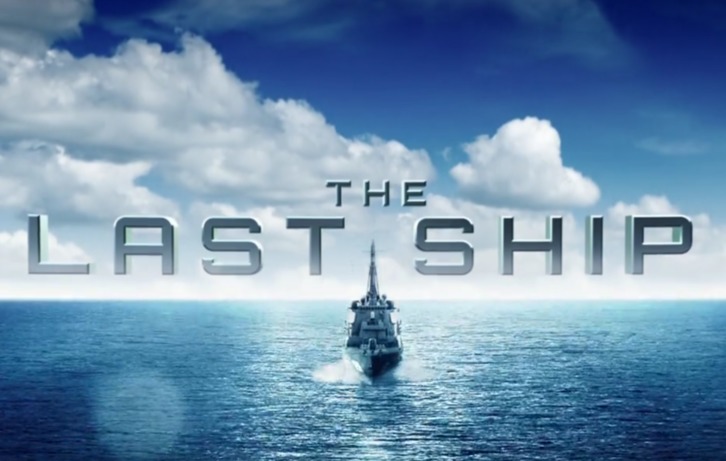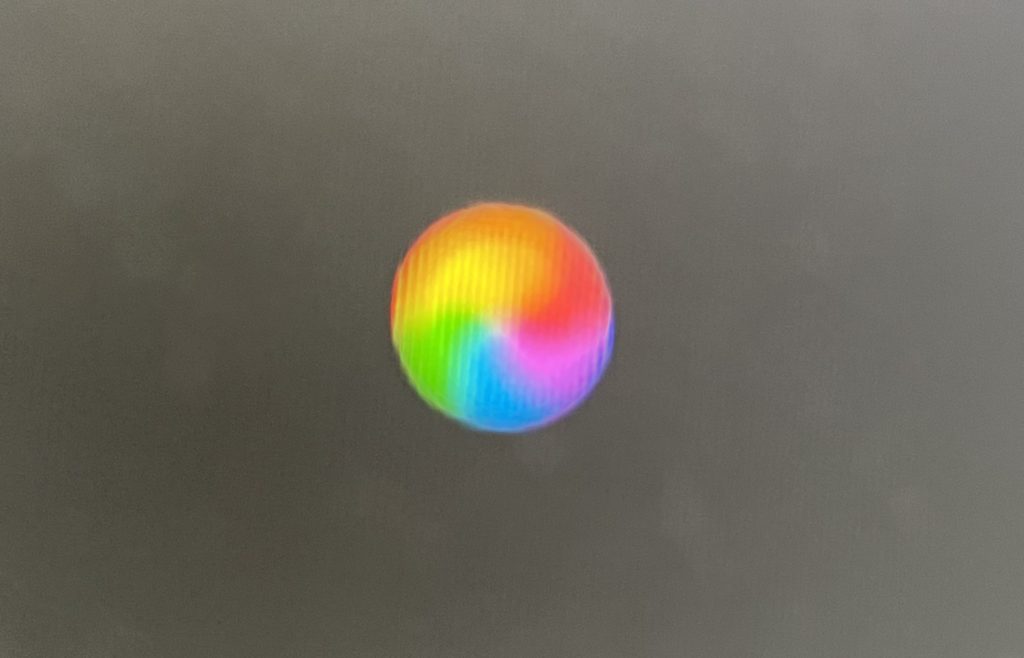This was hard for me. I ran a workshop about scriptwriting last weekend and I was required to teach a group of teenage writers how to format scripts. I did try telling them to just get it right, but for some reason they wanted more detail.
Look, you know and I know that scripts are laid out in certain formats and they are different to prose fiction, you would never accidentally write in these layouts. What you would do is read scripts. Read enough scripts, you get it. Film scripts are pretty rigidly formatted, television comes in a couple of different forms, radio is bit more relaxed and theatre is a Wild West.
But read scripts, you get it.
I don’t expect any writer to happen to know the millimetre dimensions of every indent, but I will not accept a writer who thinks it doesn’t matter. Who thinks script formats are solely done because there’s some secret club that has agreed it all.
Instead, scripts are laid out in their various ways for very specific reasons, all of which are long-won over decades of you writing and other people making the show out of that script. Some poor sod will count your INT for interior scenes and your EXT for exterior, for instance, as they try to balance the budget between days of location filming versus building studio sets.
There are reasons, they’re practical, none of this is hard. So what I told the group was that if you send me a script and it isn’t laid out correctly, really you are telling me to stop reading. Rather than showing me you’re a free spirit who won’t be confined by arbitrary layouts, you’re shouting that you don’t read scripts.
There’s no reason you should read scripts, unless you want to write them. If you do and yet still can’t be arsed to read any, I struggle to see why I should read yours. You could be a natural, brilliant talent, but you’re not. Get it right, I said to this group, because it’s not as if it’s hard, and read scripts because you’re a scriptwriter, you’re surely interested in your own field.
However.
I also explicitly told them that I know instantly when you’ve got a format wrong. I know from the first glance, before I’ve read a word, I know it’s wrong. I said it was that obvious.
It turns out that I lied.
I still believe what I said and I obviously didn’t set out to lie to them, but something happened shortly before the workshop and something happened shortly afterwards. What makes it worse is that it was the same something.
It was that I read the script to the pilot episode of “The Last Ship” by Hank Steinberg and Steven Kane, distantly based on the book by William Brinkley. I enjoyed it very much, I bought the episode off iTunes to watch, and then I bought the next episode, then I bought the season. By the time of the workshop, I think I’d seen six episodes and the day after, I re-read the script.
So there I am, barrelling along, enjoying it again, seeing the differences between the draft and the final production, having a fine time.
Until I noticed that it has no scenes.
There isn’t a single scene heading and I hadn’t noticed. I’d got so caught up in the reading that despite all the rest of the format being full-on script, I completely failed to notice that there wasn’t one single INT or EXT in 54 pages. When I did notice, around 30 pages into the re-read, I went back to the start and checked it out in case I were mad or the copy of the script I got was peculiarly incomplete.
It wasn’t. Rather than say what you’d expect, such as:
EXT. FLIGHT DECK – DAY
the script instead says:
CUT TO
XO MIKE SLATTERY (40’s) walking on the FLIGHT DECK, crossing with NAVY SEALS DANNY GREEN and FRANKIE BENZ (both 20’s). He shakes Danny’s hand.
I do feel for the poor sod working out the budget, but then the great majority of the script is set on a ship which appears to clearly be a real one shot on location. So I suppose that one big EXT is somewhat implied.
There’s no lesson here, certainly not for you because you didn’t sit down to get lectured at, but also not for me. I was wrong about seeing deviations from the format instantly. I lied to those teenage writers. But I’ll lie in the same way again, I’ll always write INT and EXT. But I was wrong.
It’s just that instead of instantaneously recognising something was off, it took me one and a half reads of the entire script to notice. Instead of seeing it on page one, then, it effectively took me 84 pages.
I’m suddenly reminded of when novelist Paul Auster stopped writing chapters. I can’t remember which novel it was now – I want to say Oracle Night – but the entire book is a single chapter, just as this script is a single scene. With the novel, it was oddly compelling. I don’t understand how, except that late at night, figuring I’ll just read to the end of this chapter, I was a bit tense.
“The Last Ship” script is an exciting, absorbing read. My concern for the poor budgeting sod is too great for me to ever try abandoning scenes, but it is true that ditching them makes this feel like a faster read, that it pulls you through instead of pausing to plant an INT or EXT flag.


